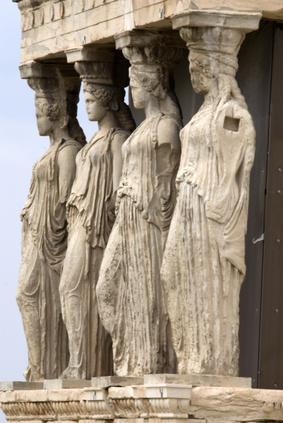When I officially “retired” from my law career at age 68, I was desperate to find a term other than “retired law professor” to describe my new identity. After all, I wasn’t planning to sit around eating bonbons and watching Netflix all day. I had new adventures to explore.
I didn’t want to reinvent myself. I had worked hard to become my authentic self. I wanted to reclaim all the missing pieces of myself and integrate them into my new post-retirement identity.
When I decided to pursue a law career, I gave up my dreams of being a writer or dancer, living in a community surrounded by artists and creatives. I put aside my yearning for travel and adventure, for healing and connection with spirit, for a day when I would have more time and energy to focus on them. Retirement seemed to be just the opportunity I had been waiting for.
The problem was, I didn’t have a roadmap to follow. I find myself in uncharted territory here on the other side of my seventies. Over the past decade, many authors have written about the new “midlife reinvention,” but let’s face it, 70 is well beyond mid-life for most of us.
Sara Lawrence-Lightfoot’s book, The Third Chapter, describes the years between fifty and seventy-five as an opportunity for growth and transformation, as long as we’re willing to challenge ageist stereotypes and old cultural norms.
This sounds right to me, but what if we’re in our fourth or fifth, or even tenth act? The term “third chapter” didn’t quite capture the stage of life I find myself in.
So, I asked myself, what if we challenge stereotypes by reclaiming the term “elder?”
Many societies in respect their elders as valued members of the community. We experienced that first-hand on a trip to Cancun, Mexico with our godson. My 65-year-old partner was recovering from knee surgery and needed a wheelchair to get around.
The resort staff could not have been more accommodating. When we reached the hotel and saw the long flight of stairs leading to the front door, our valet sprinted to the top of the hill to wheel a chair down, then pushed it up the steep incline to let us in the staff entrance. Every time we went to the pool, someone would jump up from the café or front desk to wheel her to a shady spot and bring a cool pitcher of water.
People of all races, sizes, and ages mingled in the deep end of the pool, buoyed by colorful foam noodles. There was no body shame or ageism to ruin the beauty of the clear blue skies and sparkling water. We were ready to move to Mexico if that’s the way they treated their elders!
Elders in many Native American communities were revered as keepers of knowledge, wisdom, and cultural traditions for the next generation. But these attitudes have not been passed on to contemporary American society, where elders are more likely to be scorned than revered.
The term “elder” in US culture carries connotations of diminished physical and mental capacity. It conjures up images of scatterbrained people who forget where they put their keys and can’t learn to use new technology. Politicians often refer to the fiscal “burdens” of programs like Social Security and Medicare that care for elders.
No wonder a recent poll revealed that 57% of adults 65 and over dislike being referred to as “elderly.”
But I think it’s time to reappropriate the word “elder” – to resurrect its original connotations of wisdom and experience. Just as the LGBTQ community has reappropriated the slurs “fag” and “dyke,” we can reclaim the term “elder” to acknowledge this period in our lives as a time of transcendence and generativity.
No longer concerned with success and achievement, wise elders place more value on contribution and legacy. It is a time to fulfill our life purpose and nurture future generations. It is a time to connect to a more universal, spiritual view of humanity. It is a time to make our life count.
Reclaiming my elder wisdom put me back in touch with the creativity and spirituality I abandoned when I pursued my law career. I started writing again and published my first book. I immersed myself in meditation and got in touch with my spirit guides. I discovered that life is much better when you embrace your years and make the most of the gifts they have brought you.
I would love to hear your experiences and reactions. Please leave me a comment or drop me a line.


